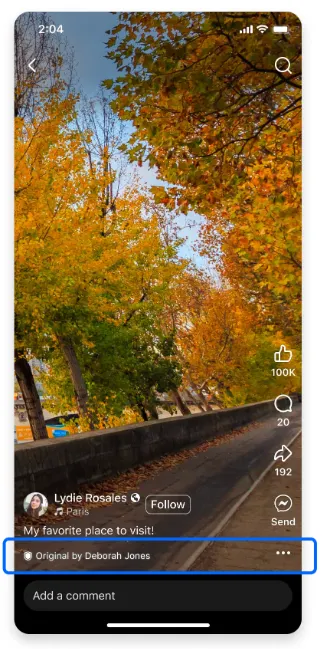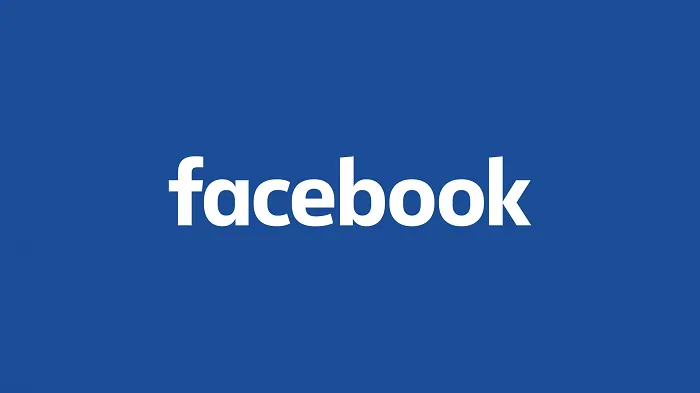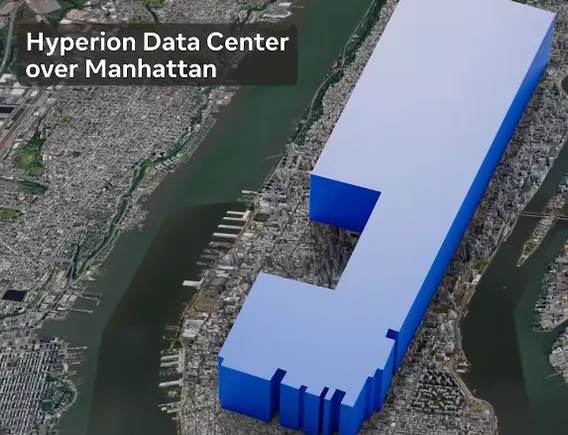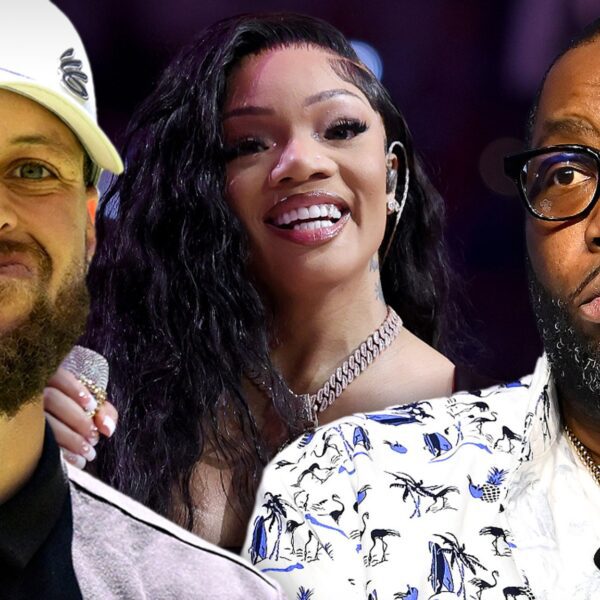Facebook has announced a new algorithm update which will focus on demoting “unoriginal” content, in order to boost material from original creators.
That will then give creators more incentive to keep posting, by ensuring that they get all the credit, and the engagement, stemming from their work, as opposed to losing out to people who steal their ideas.
So what is “unoriginal” content in this context?
As per Facebook:
“Unoriginal content reuses or repurposes another creator’s content repeatedly without crediting them, taking advantage of their creativity and hard work. We love it when creators reshare content, add commentary in a reaction video or join in on a trend, adding their unique take. What we want to combat is the repeated reposting of content from other creators without permission or meaningful enhancements.”
So content with added commentary, and originality, is fine, but material that replicates the exact copy and content of another creator, word-for-word, frame-for-frame, will be penalized.
Which makes sense, both as an incentive for creators, and as an engagement consideration.
Facebook says that accounts found to be improperly reusing someone else’s videos, photos or text posts repeatedly will lose access to Facebook monetization programs, and will also see reduced distribution on everything they share.
“In addition, if our systems detect duplicate videos on Facebook, we will reduce the distribution of the copies so that original creators can get the visibility that they deserve. We’re also exploring ways to provide proper attribution to creators. For example, we’re testing adding links on duplicate videos that point viewers to the original piece of content.”

The move mirrors a similar algorithm change at YouTube, which has upped its enforcement of “mass-produced and unoriginal” content, in order to ensure that it’s keeping up with the latest tactics being used by replicating accounts
Which includes AI-generated replicas.
Over on TikTok, for example, there’s been a wave of AI deepfake videos that replicate the exact videos and presentation of popular creators, and gain traction by essentially ripping off their content.
Neither Facebook nor YouTube has pointed to this issue specifically, though YouTube did note that its update “better reflects what ‘inauthentic’ content looks like today,” pointing to emerging copycat behaviors like AI.
It seems that this is likely the broader focus of this new push, in order to disincentivize copycats from ripping creators’ work, and in effect, steal their engagement in order to build up these scam profiles.
And as Facebook notes, it also expands upon Meta’s push to amplify original content. Last year, Instagram removed aggregator accounts from recommendations, and has since sought to replace re-posts with original content in the same where possible.
Ideally, that will ensure original creators get more of the credit, and attention, helping them better monetize their work.
These new algorithmic measures are another way to ensure that focus goes to the right accounts.
Note: Facebook also says that if you’re unclear on why your content isn’t seeing as much distribution as normal, you can check out your post-level insights in your Professional Dashboard which will outline any penalties applied to your posts.













